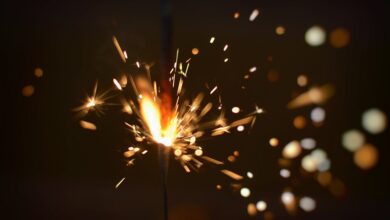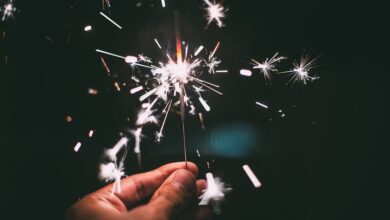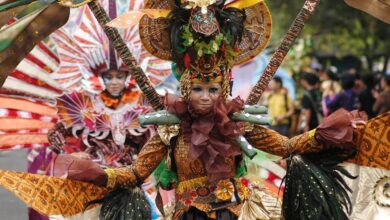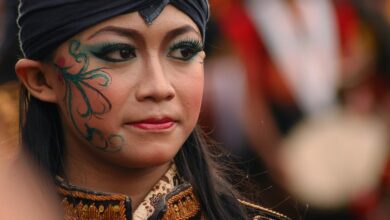Diwali, also known as the festival of lights, is one of the most widely celebrated festivals in India. It is a time of joy, happiness, and family gatherings for people of all ages. Diwali is celebrated with great enthusiasm and zeal all over the country, with each region having its own unique traditions and customs.
One of the most well-known traditions of Diwali is the lighting of diyas (earthen lamps) and candles. This tradition symbolizes the victory of light over darkness and good over evil. People decorate their homes with these diyas and colorful rangoli patterns to welcome the goddess Lakshmi, the Hindu goddess of wealth and prosperity. The illumination of houses, fireworks, and the exchange of sweets are also a significant part of the celebrations.
In the northern part of India, particularly in the state of Uttar Pradesh, people celebrate Diwali by building huge effigies of the demon king Ravana, and then setting them on fire to symbolize the victory of Lord Rama over evil. In the state of West Bengal, the festival is known as Kali Puja and is dedicated to the goddess Kali, the destroyer of evil forces. People offer prayers and sacrifices to the goddess during this time.
In the state of Gujarat, Diwali is celebrated with the traditional dance form of Garba and Dandiya. Women and men dress in colorful traditional attire and dance to the beating of drums and music. This tradition is a symbol of unity and joy, as people come together to celebrate the festival.
In the southern part of India, particularly in the state of Tamil Nadu, people celebrate Diwali by offering prayers to the Hindu god Vishnu and the goddess Lakshmi. They also honor their ancestors by lighting lamps at their graves. In the state of Karnataka, people celebrate Diwali as Naraka Chaturdashi, the day before Diwali, and take an oil bath with traditional herbs and visit temples.
In the state of Maharashtra, people celebrate Diwali with the tradition of Vasu Baras, which is dedicated to the cow and calf. People worship the cow and calf, as they are considered sacred animals in Hinduism.
Overall, the traditions of Diwali vary from region to region in India, making the festival a colorful and diverse celebration. The festival of Diwali signifies the triumph of light over darkness, knowledge over ignorance, and good over evil. It is a time for people to come together, celebrate their culture and traditions, and spread joy and happiness.




